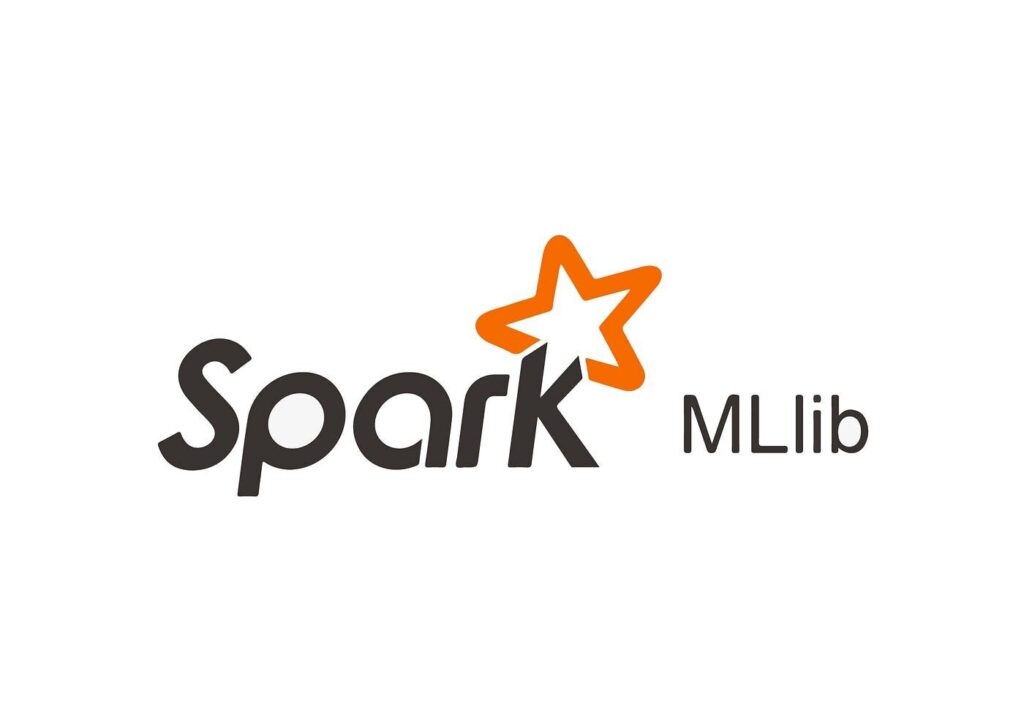Apache Spark’s MLlib is a powerful machine learning library designed to simplify and scale machine learning processes. It provides a wide range of algorithms and utilities that facilitate various machine learning tasks, making it a popular choice among data scientists.
Key Features of MLlib
-
Scalability: Built on top of Apache Spark, MLlib is designed to handle large-scale data processing. It leverages Spark’s distributed computing capabilities, allowing for efficient execution of machine learning algorithms on massive datasets.
-
Algorithms: MLlib includes a variety of machine learning algorithms, such as classification, regression, clustering, and collaborative filtering. This diversity enables users to tackle different types of machine learning problems effectively[1][3].
-
Data Handling: The library supports various data sources, including HDFS, Apache Cassandra, and Apache HBase, making it easy to integrate with existing data workflows. MLlib can also interoperate with popular data manipulation libraries like NumPy in Python and R, enhancing its usability across different programming environments[1][2].
-
Pipelines: MLlib provides tools for constructing, evaluating, and tuning machine learning pipelines. This feature streamlines the process of building and deploying machine learning models, ensuring a more organized workflow[2][3].
-
Performance: MLlib is optimized for iterative computations, which are common in machine learning tasks. This optimization results in performance improvements, making MLlib significantly faster than traditional MapReduce implementations[1][2].
API Transition
As of Spark 2.0, MLlib has transitioned to a DataFrame-based API, which is now the primary interface for machine learning tasks. This shift allows for a more user-friendly experience and better integration with Spark’s other components, such as Spark SQL and Spark Streaming. While the older RDD-based API is still supported, it is in maintenance mode, meaning no new features will be added to it[2][3].
Conclusion
Apache Spark’s MLlib stands out as a robust machine learning library that combines scalability, performance, and ease of use. Its extensive collection of algorithms and utilities, along with the transition to a DataFrame-based API, positions it as a leading choice for data scientists looking to implement machine learning at scale[1][4][5].
Further Reading
1. MLlib | Apache Spark
2. MLlib: Main Guide – Spark 3.5.1 Documentation
3. What is a Machine Learning Library (MLlib)?
4. Spark MLlib | Machine Learning In Apache Spark | Spark Tutorial | Edureka
5. Getting Started with Spark ML | Databricks
Description:
A scalable machine learning library within the Apache Spark ecosystem.
IoT Scenes:
Big data analytics, Real-time analytics, Predictive maintenance, Anomaly detection
IoT Feasibility:
High: Excellent for large-scale data processing and real-time analytics in IoT environments.


